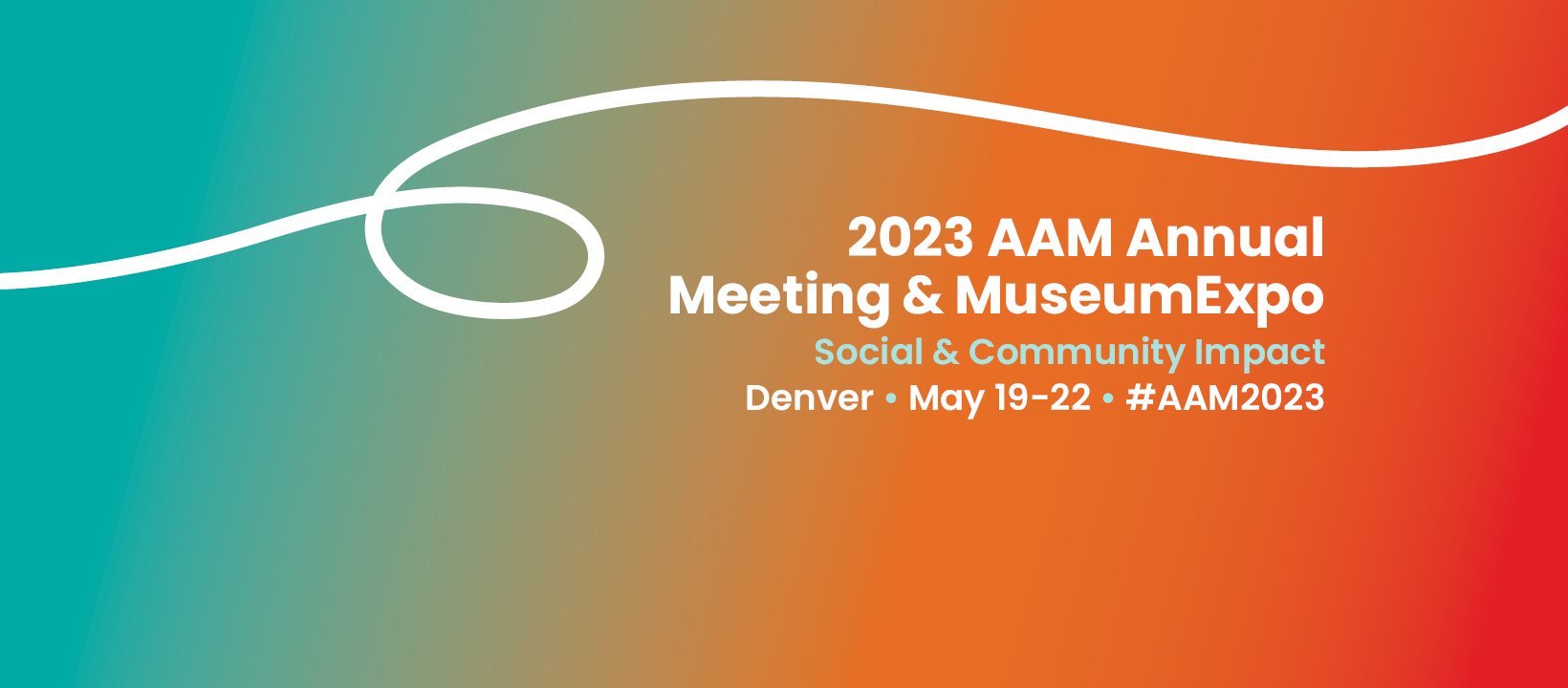Executive Director Dr. Brett Ashley Crawford and Chief Editor Rachel Broughton discuss their biggest takeaways from the 2023 American Alliance for Museums annual conference. This year’s theme was social and community impact—AMT Lab explores this topic through the lens of tech and management.
Theatre Futures: Data and Strategy
The 2022 Theatre Communications Group conference offered virtual, hybrid, and in-person experiences. Hosted in Pittsburgh, the conference adeptly revealed the opportunities and challenges facing the field as theatre artists and institutions navigate their futures. The following summary offers two core takeaways from the conference, focusing on a theatre administration future of human-centered strategies allowing adaptive innovation within a constantly changing ecosystem.
The Impact of Emerging Sustainable Practices in the Film Industry
Sustainability is important to every industry, especially film, as each production (with an average $70 million budget) produces a carbon footprint of 3,370 metric tons. TV and film productions create an abundance of carbon emissions, significantly affecting the atmosphere. However, carbon emissions are not the only aspect of sustainability the film industry must focus on. Sustainable Development Goals (SDGs) provided by the United Nations (UN) show that practicing sustainability involves much more than climate change. While the film industry is making many strides towards greener productions, there are many issues that have yet to be addressed. Such issues include livable wages (SDG 8), gender equality (SDG 5), and responsible production and consumption (SDG 12). These are a few of the most prevalent ways that the film industry can follow the path of sustainability per the UN guidelines.
Creating Sustainability in the Film Industry
When thinking about sustainability the first thought that often comes to mind is climate action, net-neutrality, or carbon emissions. Sustainability, in fact, has many other aspects beyond the climate. The United Nations developed a list of 17 goals in 2016 with a goal for the world to reach in 2030. These goals address holistic sustainability – aiming to help increase the quality of life worldwide. As organizations become conscious of their environmental impacts, more approaches in greening the industry and a tangible plan to fight climate change will be more readily implemented by the film industry, while still producing new content for the world.
5G Adoption at Your Arts Organization: Benefits and Considerations
The pandemic has advanced the discussion for a faster expansion of 5G, a new generation of the wireless network that is believed to revolutionize industries and facilitate the new remote work environment. What can the art world expect to gain from adopting this new generation of wireless network and how can it be most efficiently utilized to support the goals of each individual and organization? This research examines the potential implications and caveats of 5G adoption in the arts and cultural industry.
Fostering Environmentally-Friendly Practices in Collegiate Theatre
As the public becomes increasingly aware of the disastrous effects of climate change, individuals and businesses across the globe have tried to decrease their waste by pursuing environmentally friendly and sustainable practices. The theatre industry has made some attempts to follow suit, but their expenditure of resources is still extremely high. Environmentally friendly theatre practices taught at the collage level have the potential to impact the industry at large in the near future.











